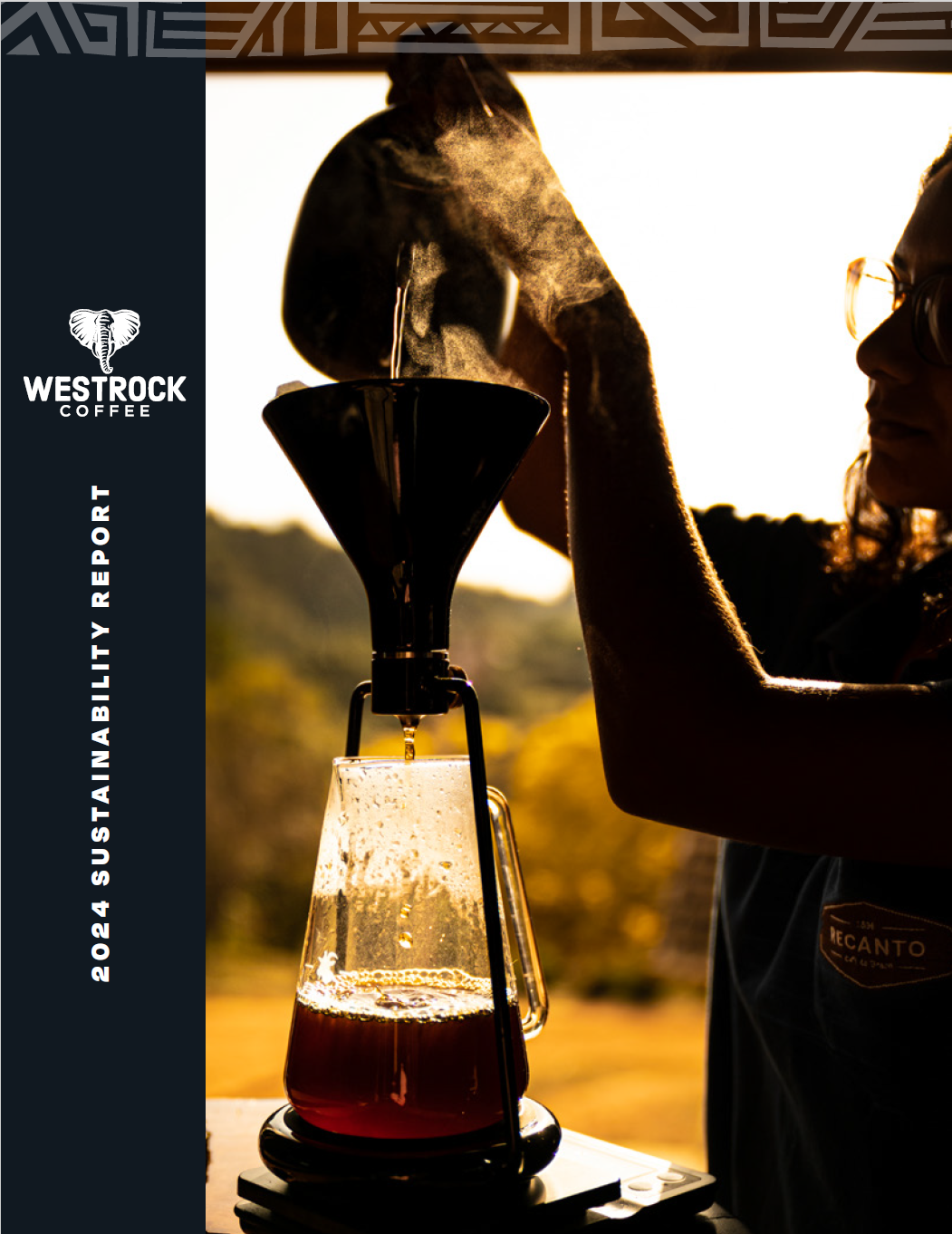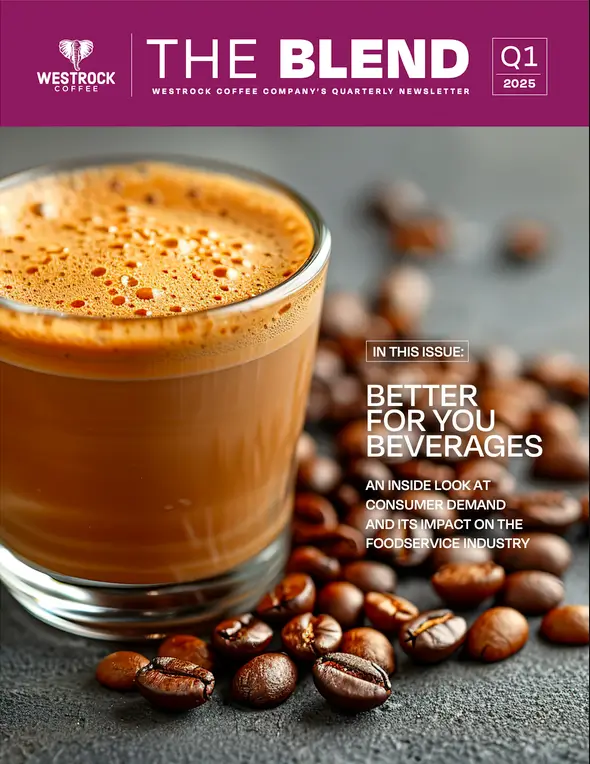April 1, 2025
In the quest for holistic wellness, gut health has emerged as a cornerstone. From digestion to immunity, the gut microbiome plays a pivotal role in our overall well-being. Increasingly, consumers are seeking convenient ways to support their gut health, leading to the incorporation of prebiotics and probiotics into everyday beverages like coffee and tea.
What Are Prebiotics and Probiotics?
- Prebiotics: These are non-digestible fibers that act as food for beneficial gut bacteria (probiotics). They promote a healthy gut microbiome, which is essential for overall health. Essentially, they are food for the good bacteria in your gut.
- Probiotics: These are live microorganisms (bacteria and yeasts) that, when consumed in adequate amounts, provide health benefits, particularly for the digestive system. They are the live good bacteria.
Key Examples in Beverages:
- Inulin: A type of prebiotic fiber found in chicory root, onions, garlic, and other plants. It’s often added to coffee and tea to support gut health.
- Specific Probiotic Strains: While less common in hot beverages due to heat sensitivity, some shelf-stable probiotic strains are being incorporated into ready-to-drink (RTD) coffee and tea products. Bacillus coagulans is one example that is more heat-resistant.
How They’re Used:
Prebiotics are more commonly used in coffee and tea than probiotics because they are more heat-stable. Prebiotic fibers like inulin can be added as powders. Probiotics are more challenging to incorporate into hot beverages, but some RTD products are emerging.
The Gut-Beverage Connection:
The incorporation of prebiotics and probiotics into beverages like coffee and tea offers a convenient way to support gut health as part of a daily routine. Prebiotics, being heat-stable, seamlessly blend into hot drinks, providing nourishment for the existing beneficial bacteria in the gut. Probiotics, while more challenging to incorporate due to heat sensitivity, are finding their way into RTD formulations, offering a direct infusion of live beneficial microorganisms.
Potential Risks: A Quick Gut Check
Prebiotics and probiotics are generally safe, but a few things to keep in mind:
- Tummy rumbles: New gut buddies can cause temporary bloating or gas.
- Allergies: Like any food, reactions are possible
- Heat Hazard: Probiotics hate heat, so hot drinks aren’t ideal.
- Everyone’s different: Start slow, listen to your gut.
The Future of Gut-Friendly Beverages:
As consumer awareness of gut health continues to grow, we can expect to see even more innovative and exciting beverage formulations. The future holds promise for:
- Enhanced Probiotic Strains: Research is ongoing to develop heat-stable probiotic strains that can withstand the temperatures of hot beverages.
- Synergistic Blends: Combining prebiotics and probiotics with other functional ingredients to enhance their benefits.
- Personalized Gut Health Solutions: Tailoring beverage formulations to individual gut microbiome profiles.
The integration of prebiotics and probiotics into daily beverages offers a convenient and effective way to support gut health. As research continues to uncover the intricate connection between the gut microbiome and overall well-being, we can expect to see even more innovative and exciting developments in this space. Want to explore how were pushing the boundaries of beverage innovation, check out more here and discover how we can help you create the next generation of gut-friendly beverages.
References:
- Gibson, G. R., & Roberfroid, M. B. (1995). Dietary modulation of the human colonic microbiota: introducing the concept of prebiotics. *The Journal of nutrition*, *125*(6), 1401-1412.
- Hill, C., Guarner, F., Reid, G., Gibson, G. R., Merenstein, D. J., Pot, B., … & Quigley, E. M. (2014). Expert consensus document: The International Scientific Association for Probiotics and Prebiotics consensus statement on the scope and appropriate use of the term probiotic. *Nature reviews gastroenterology & hepatology*, *11*(8), 506-514. Jäger, R., Aragon, A. A., Gualtieri, P., & Purpura, M. (2018). Probiotic strains and products: application, definitions, and criteria for food and dietary supplementation. *Nutrients*, *10*(12), 1863




